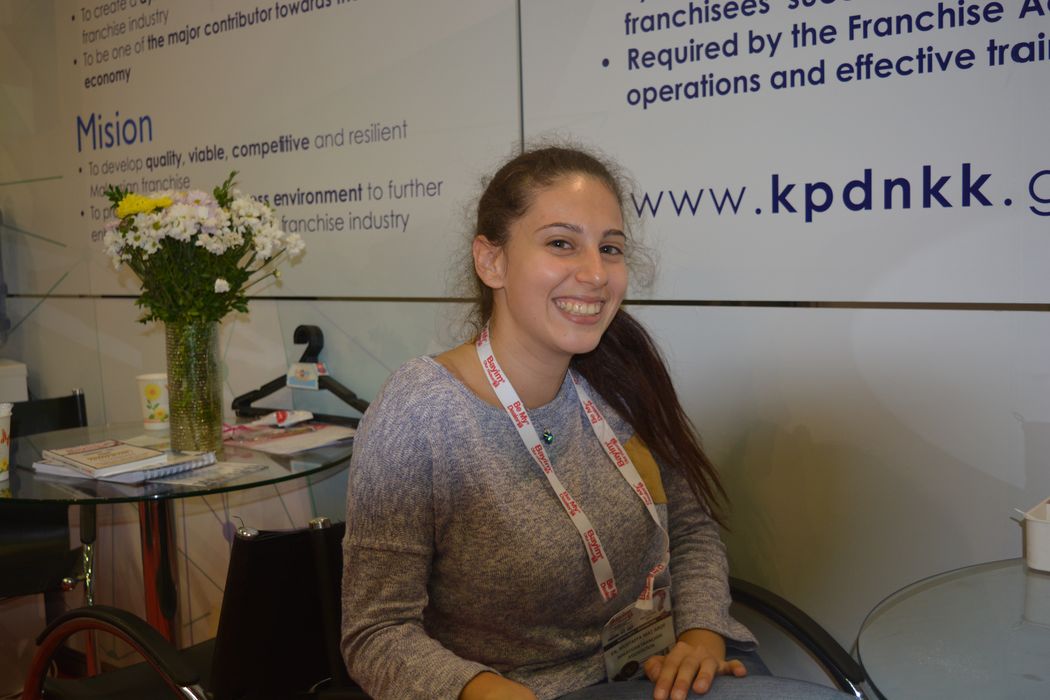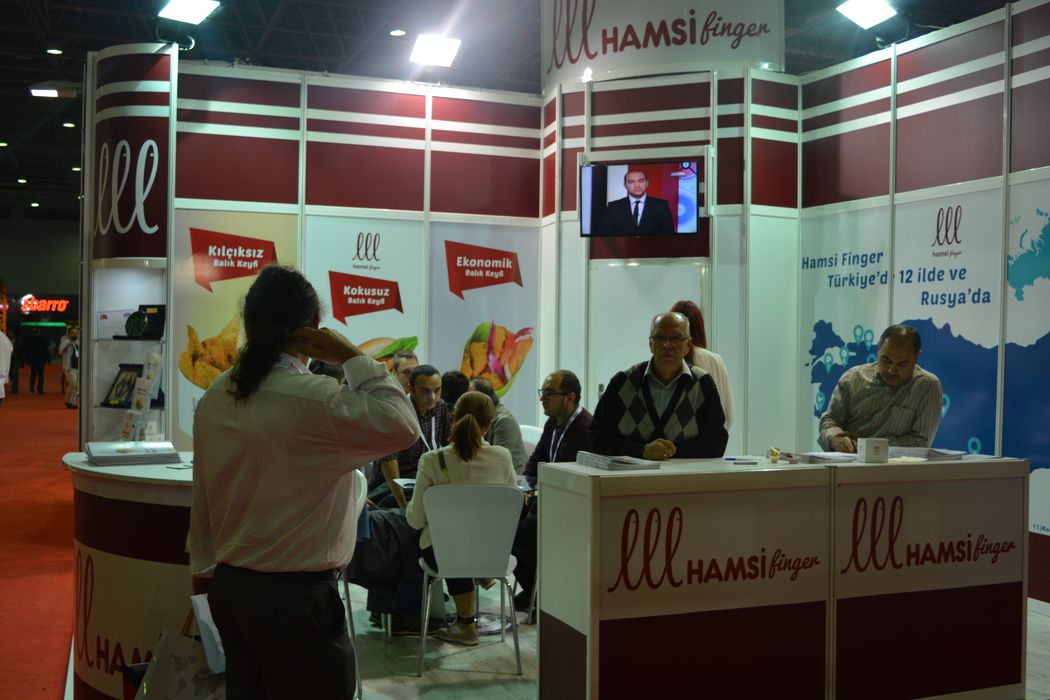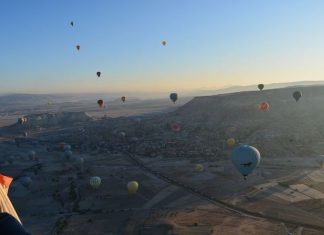After leaving this town [Nicea] we crossed a great river called Saqari [Sakaria] by a ferry. This consisted of four beams bound together with ropes, on which the passengers are placed, together with their saddles and baggage; it is pulled across by men on the further bank, and the horses swim behind.
Ibn Battuta continues on to Sinope on the Black Sea coast
[Sinope is] a populous town combining strength with beauty. It is surrounded by sea except on the east, where there is only one gate which no one is allowed to enter without permission from the governor, Ibrahim Bek, who is a son of Sulayman Padshah. Outside the town there are eleven villages inhabited by Greek infidels.
The cathedral mosque at Sanub [Sinope] is a most beautiful building, constructed by Sultan Parwanah. He was succeeded by his son Ghazi Chelebi, at whose death the town was seized by Sultan Sulayman. Ghazi Chelebi was a brave and audacious man, with a peculiar capacity for swimming under water.
He used to sail out with his war vessels to fight the Greeks, and when the fleets met and everyone was occupied with the fighting he would dive under the water carrying an iron tool with which he pierced the enemy’s ships, and they knew nothing about it until all at once they sank.
Ibn Battuta sails from Sinope to the Crimea.
We stayed at Sanub [Sinope] about forty days waiting for the weather to became favourable for sailing to the town of Qiram [in the Crimea]. Then we hired a vessel belonging to the Greeks and waited another eleven days for a favourable wind. At length we set sail, but after travelling for three nights, we were beset in mid-sea by a terrible tempest.
The storm raged with unparalleled fury, then the wind changed and drove us back nearly to Sanub. The weather cleared and we set out again, and after another tempest like the former, we at length saw the hills on the land. We made for a harbour called Karsh [Kerch], intending to enter it, but some people on the hill made signs to us not to enter, and fearing that there were enemy vessels in the port, we turned back along the coast.
As we approached the land I said to the master of the ship “I want to descend here, so he put me ashore.” The place was in the Qipchaq desert [steppe] which is green and verdant, but flat and treeless. There is no firewood so they make fires of dung, and you will see even the highest of them picking it up and putting it in the skirts of their garments. The only method of travelling in this desert is in waggons; it extends for six months’ journey, of which three are in the territories of Sultan Muhammad Uzbeg.
Read More about Ibn Battuta part 21








